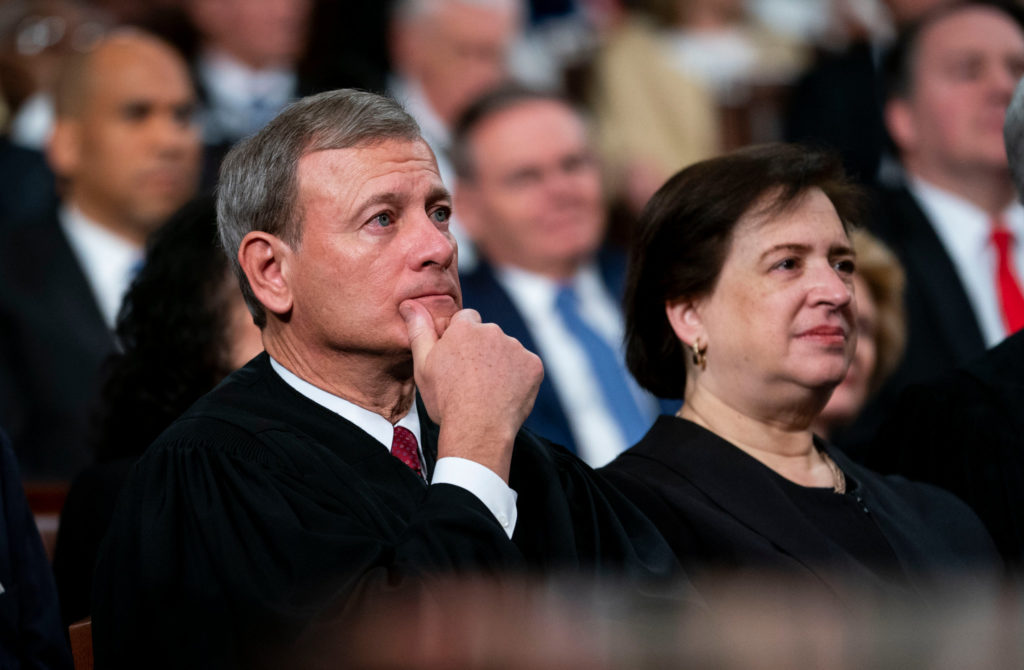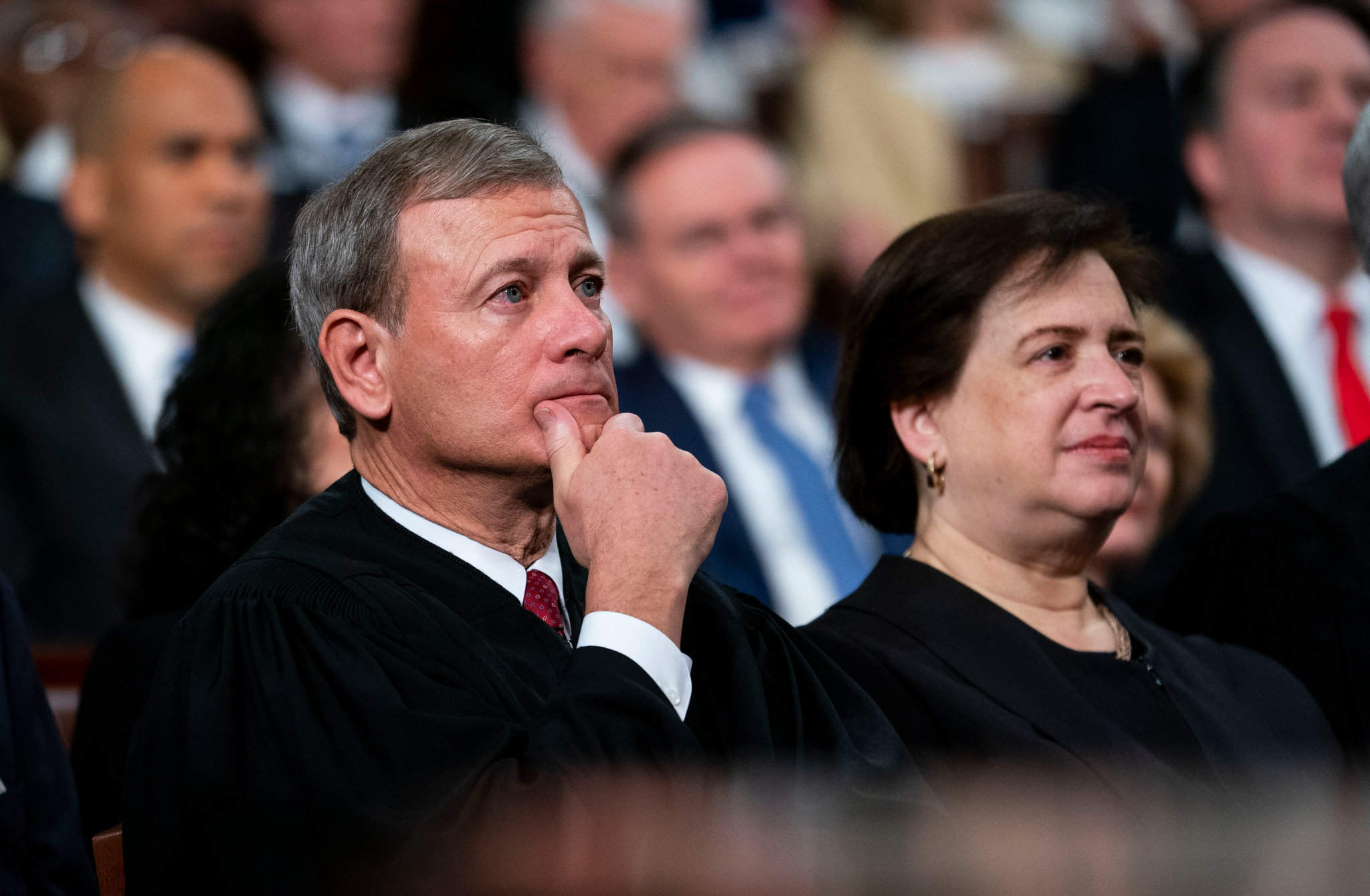
By Adam Liptak | The New York Times
Overturning a 1985 precedent, the Supreme Court on Friday ruled that plaintiffs may sue in federal court to seek compensation as soon as state and local governments take their property through eminent domain. The earlier ruling had required plaintiffs to sue in state court.
The vote was 5 to 4, with the court’s more conservative justices in the majority. The decision was notable for an exchange about the court’s attitude toward precedent.
Writing for the majority, Chief Justice John G. Roberts Jr. said overruling the 1985 decision was justified because it “was not just wrong.
“Its reasoning was exceptionally ill founded,” he wrote. He added that the decision had “come in for repeated criticism over the years from justices of this court and many respected commentators.”












